No Products in the Cart
Since people started making conscious choices about their purchases, organic clothing has come into view. They are clothes made without or with minimal use of harmful chemicals and genetically modified materials. For those who support sustainability, fairness, and transparency in fashion, organic clothing is their top choice!
Being a part of the responsible consumerism movement, organic clothing allows you to talk on about issues like changes in climate, deforestation, and unfair labor practices in the fashion industry and take action against them.
We will provide you with reasons why wearing organic clothes is a good choice. How they contribute to a world of fashion that is sustainable and better by empowering people to make smart choices about their purchases.
When clothes are made from materials grown naturally, they are called organic. While there are still some artificial ways to make clothes, the production of organic clothing utilizes natural techniques such as no use of synthetic pesticides, genetically modified organisms, and use of artificial fertilizers.
When it comes to the materials labeled organic, there are many options. One of them is cotton which is grown without the use of synthetic pesticides. Hemp also comes in this category being well known for its durability and eco-friendly nature. Bamboo is also an organic material with is soft and breathable.
All these organic materials and some others lay the foundation of organic clothing and provide consumers with many eco-friendlier choices.
Whenever you shop for organic clothing, confusion may hit your mind about whether the purchased product is genuinely organic or not. To make it clear, two labels must be watched out for authenticating their organic method of production.
This is one of the most well-known certifications to rule out whether the clothes are organic or not. If any clothing is labeled with GOTS, this means it has been produced by using materials churned through organic farming methods and without the use of harmful chemicals. This label also ensures that the workers involved in the making are treated fairly too.
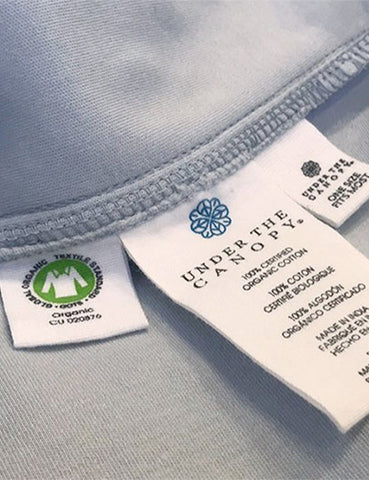
This label allows you to check how much percentage of the cloth is organic in a finished product. It comes useful in the case where the cloth is made from a mix of different materials as it allows you to check the percentage or amount of the cloth that is organic only. If any clothing is labeled as OCS, this means the percentage of organic material claimed to be used in the making of the product is accurate.
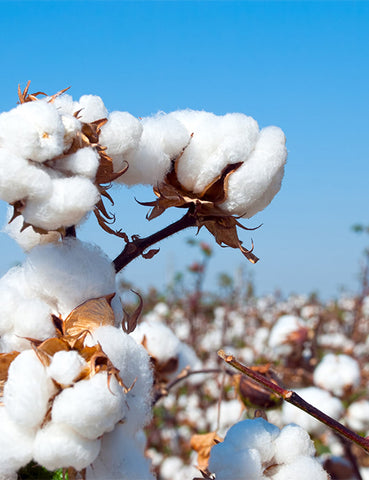
Alongside being good for oneself, wearing organic clothing is also beneficial for the people who are involved in their making. Organic clothing production methods ensure the workers are paid fairly so that, they may support themselves and their families. Purchasing these organic clothes helps stop unfair labor practices.
Also, the production methods used in the making of organic clothing are safer for the workers as it doesn’t involve the use of harmful chemicals. This lessens the chances of workers getting sick or hurt at their jobs.
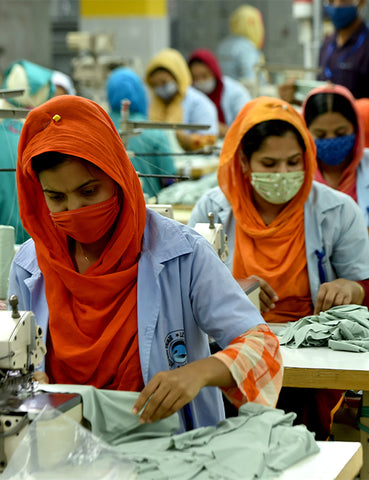
Opportunities for growth and jobs are created for local communities with the purchase of organic clothing as they are made by using local resources and ways of making clothes, money is directly bought into the community. This encourages other people in their community to start doing something and learn new skills.
Economies also strengthen with the purchase of organic clothing as more employment opportunities are made available in a community. This makes them self-reliant to handle economic challenges from outside sources much better.
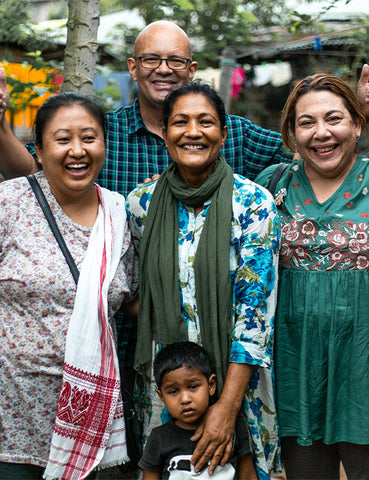
Fewer or no harmful chemicals and pesticides are used in the making of organic clothes which prevents the land and water from getting polluted, this makes them a good choice for the environment.
While traditional farming methods utilize lots of water that may lead to water shortage, organic farming uses techniques like collecting rainwater and using drip irrigation that uses less water. This helps save water and reduce the negative impact of farming on the environment. Moreover, organic farming methods take care of the soil and encourage biodiversity, which helps trap carbon and reduces greenhouse gases.
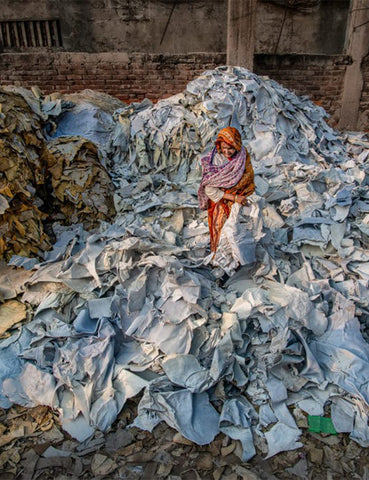
Buying organic clothes is a good way to bring about change in our shopping habits. We should support fashion that considers the source of materials used, what the methods of production are, and what impact they have on the environment.
However, it is not just about what an individual does on its own but rather how everyone works together to bring bigger changes. We should encourage others to think about their choices and hold brands accountable for their actions.